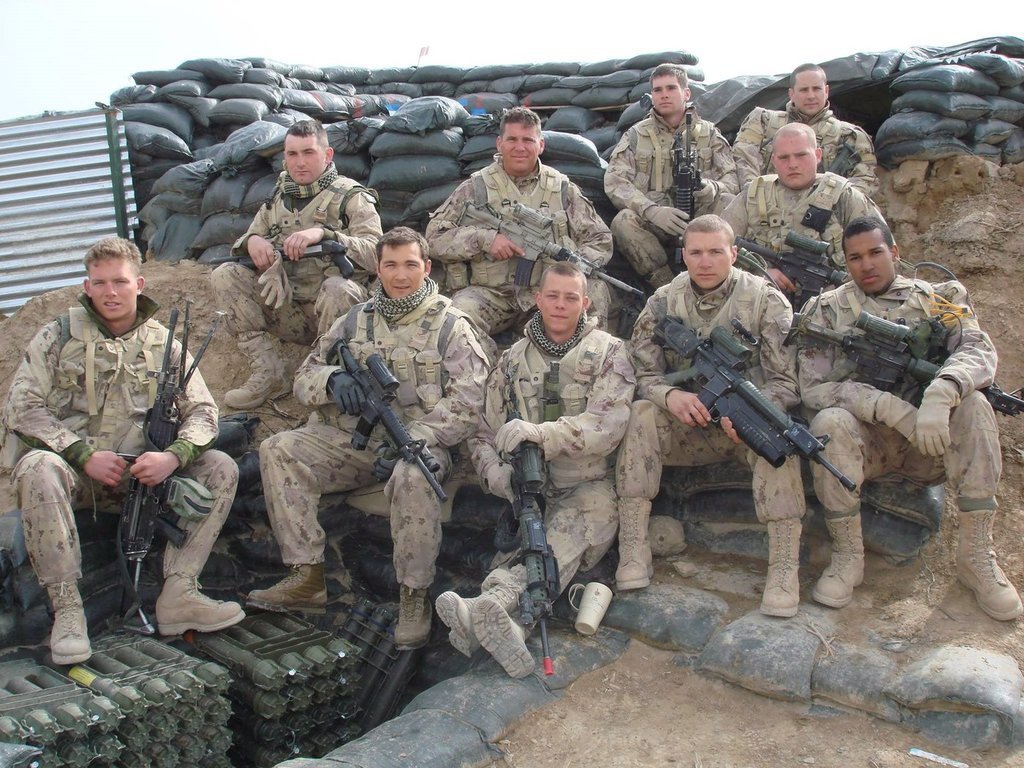A lack of mental health care tailored to rural Black Nova Scotians is one of several problems yet to be properly addressed by the province, more than one year after an inquiry report into the Lionel Desmond tragedy recommended reforms.
Desmond, a former infantryman with severe post-traumatic stress disorder and depression who saw intense combat in Afghanistan in 2007, died by suicide Jan. 3, 2017. Before he shot himself with the semi-automatic rifle he had purchased earlier that day, he shot and killed his wife, their daughter, and his mother in their home in Upper Big Tracadie, N.S.
Part of the $3.4-million fatality inquiry into the deaths explored the challenges faced by rural African Nova Scotians, like Desmond, when attempting to access mental health services. It recommended that the Health Department provide more virtual care to rural Black communities, and hire more Black mental health workers to provide “culturally informed” care.
The department said in an email that since the report released Jan. 31, 2024, there has been “an overall expansion of virtual care across the province.”
But in an interview earlier this week, Lana MacLean, a social worker who gave evidence to the inquiry, said, “It just seems the virtual care they’re providing doesn’t really drill down to the culturally diverse needs of African Nova Scotians in rural communities.”
However, a larger problem in the way the province has responded to the report’s 25 recommendations is a lack of transparency, Adam Rodgers, a lawyer who represented the estate and some of Desmond’s family members during the inquiry, said in a recent interview.
“It’s hard to see where the work is being done, if anywhere. At this point, ‘wait and see’ is starting to sound more like, ‘maybe never,’” he said.
The inquiry report called for a committee to ensure its findings aimed at improving supports for veterans like Desmond “are not lost in the passage of time.”
Instead, the Justice Department says that another monitoring committee — created to oversee the recommendations of the Nova Scotia mass shooting of April 2020 that killed 22 people — “broadened its scope to also implement the Desmond Fatality Inquiry recommendations.” A request for an interview with the head of the committee was declined.
Rodgers said the mass shooting committee meets behind closed doors and “it’s unclear what’s happening.”
The Desmond inquiry also called on the province to expand a pilot project that provides short-term medication, support and diagnosis to patients in an effort to reduce long wait times for psychiatric care. The inquiry had found that after Desmond had exited the intensive Veterans Affairs programs, “it took months” to ramp up the care the soldier needed.
On Feb. 5, Brian Comer, the minister for addictions and mental health, said there is an “ongoing dialogue” with Dr. Vincent Agyapong, head of Dalhousie University’s department of psychiatry, about expanding the pilot program. Dr. Andrew Harris, director of mental health with Nova Scotia Health, said the program is “one of a number” of mental health services addressing wait times, and it is still being reviewed.
However, Agyapong said in a recent interview there is ample data to show that the program is working well, having seen close to 2,000 patients over 18 months since its creation in the spring of 2023, and he says it could be successfully implemented provincewide.
Trending Now
Zelenirstat cancer pill made in Alberta shows promising early results
Vietnam bartender arrested over tourist deaths linked to tainted alcohol
Another recommendation called for the recruitment of Black mental health providers. In response, the province notes that the IWK — the province’s children’s hospital — has received funding for an “African Nova Scotian model of services for youth and caregivers which includes recruiting of Black mental health providers.”
MacLean, who said her consultancy helped create the IWK program, says the pilot project works with children, adolescents and their parents, and doesn’t yet “translate into what happens in adult services.”
During the inquiry, psychologist Peter Jaffe, a nationally recognized expert on intimate partner violence, provided evidence that Desmond had 20 of 41 risk factors associated with domestic killings. Yet Jaffe noted that from 2011 to 2017 the health workers that encountered Desmond didn’t address “the extent of intimate partner violence and abuse.”
The inquiry’s recommendations included a call for a review of a protocol for handling men who were considered a high risk to carry out violence against their partners and families. The Justice Department said that review was carried out.
The province says it has fulfilled other recommendations, including the creation of a men’s helpline. In addition, the province is fulfilling a recommendation calling for a public awareness campaign aimed at Nova Scotians who are facing domestic violence. A recommendation to train health workers on the most up-to-date suicide risk system has been completed, the province said.
Another recommendation said the office of the chief firearms officer “should, in appropriate cases,” place some firearm licences under review to ensure their holders are meeting eligibility requirements and “maintaining good mental health.” The Justice Department declined to make the Nova Scotia chief firearms officer available for an interview.
Lynette MacLeod, a spokeswoman for the Justice Department, wrote that the firearms office “has this authority under the federal Firearms Act and exercises it under appropriate circumstances.” The spokeswoman said more responses from the government on the Desmond report will be released in the coming months.


